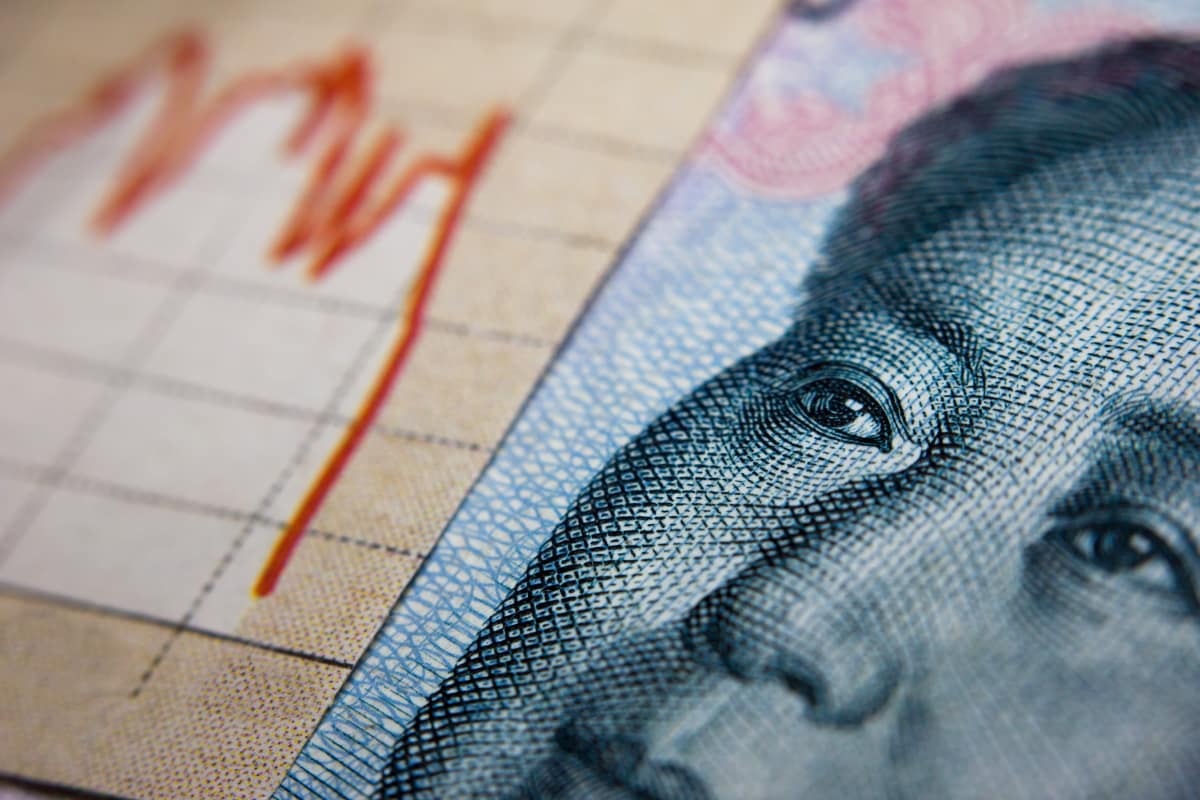Experts have expressed concern about the impact of the Ukraine-Russia conflict on Beijing’s supply network and questioned China’s ability to fulfil its just announced economic growth rate target of 5.5%. This comes at a time when the country faces rising global commodity costs, record coronavirus infections, and inflation fears. China’s long-standing “zero-Covid” policy has already weakened consumer spending and exacerbated supply chain disruptions, putting the country’s economic growth rate under strain.
The historically high energy prices pose a fresh challenge to the economic growth trajectory of China, that imports more than 70% of its oil and 40% of its natural gas requirement. Crude oil prices have surged by roughly 30% since the Ukraine crisis began, with the global benchmark Brent oil reaching a high of $139.13 on Monday.
Will China miss its growth target?
According to the World Bank, the conflict will affect the global economic outlook, and a spike in oil prices might slash a full percentage point of growth off oil-importing economies such as China.
Goldman Sachs said China is likely to miss its growth target by one percentage point, keeping its China’s GDP prediction at 4.5%, citing a rise in oil costs.
Adding to potential economic risks, the conflict has also escalated worries about inflationary pressures. Official data reflected elevated cost pressures on factories even before the war began in Ukraine, with China’s producer price index (PPI) rising 8.8% in February and consumer price index (CPI) inching up 0.9%.
Goldman Sachs’ analysts said, “We expect year-over-year PPI inflation to stay elevated in the near-term as oil and metal prices increased sequentially due to geopolitical tensions.”
While some experts predict a reduction in China’s economic growth this year, others believe the opposite. Citigroup analyst Nathan Sheets suggest that China’s economic stability can support global growth amid the Ukraine crisis. The expert argues that China’s economic growth target is “solid by any metric,” even if it is marginal in comparison to pre-pandemic levels.
Similarly, according to Eng Teck Tan, Senior Portfolio Manager of Nikko Asset Management, the war-led concern over rising commodity prices and inflation risks for most producers is unlikely to affect China’s exports, given that “Chinese manufacturers have been confronted with higher prices already in recent quarters and have switched to higher-quality and more efficient production.”
Will sanctions on Russia affect China’s trade trajectory?
Meanwhile, China has reiterated that it remains committed to a “normal trade cooperation” with Russia.
Given Moscow’s close diplomatic links with Beijing, the war could additionally provide a chance for China to buy more from Russia. China’s bilateral trade with Russia has already risen by 38.5% in January and February 2022, totalling $26.4 bn, with exports to Russia rising by 41.5 % to $12.6 bn, and imports from Russia jumping by 35.8 % to $13.8 bn.
The trade trend between the nations was similar last year, rising by 35.9% to a record $146.9 bn, largely dominated by Russia’s energy exports to China and imports of Chinese manufactured goods. Russia has surpassed Saudi Arabia as China’s second-largest oil supplier, accounting for 15.5% of total oil imports in 2021. It is China’s third-largest natural gas provider, accounting for 5% of total natural gas imports last year. It is also China’s second-largest coal supplier.
Meanwhile, Russia imports more than 70% of its semiconductors, as well as electronics like computers, smartphones, and car components from China.
China making moves to avoid supply chain disruptions
However, Nikko AM’s Tan believes the economic impact of the war on China to be minimal, even though China is the largest economy with close diplomatic links with Russia.
“China’s economy remains resilient despite rising risks caused by the crisis,” Lian Weiliang, a vice head of China’s National Development and Reform Commission (NDRC), told Reuters. The state official said China aims to boost output and reserves of oil, gas as well as coal, and announced plans to accelerate the stockpiling of more than 200 million tonnes of government-deployable coal reserves.
Besides that, the country is already working out plans for reducing supply chain disruptions. According to Bloomberg, Beijing is in discussions with its state-owned firms, including China National Petroleum Corp., China Petrochemical Corp., Aluminum Corp. of China, and China Minmetals Corp., about potential investments in Russian energy and commodities companies like Gazprom PJSC and United Co. Rusal International PJSC.
“Regardless of the war, China is on its own path”, says the Nikko AM Senior Portfolio Manager. China could easily benefit from Russia now becoming a guaranteed source of raw materials, especially natural gas. Tan added that China, as the largest manufacturer of solar panels, could also benefit from the push towards renewable energies, especially by European countries.


 Australia
Australia China
China India
India Indonesia
Indonesia Japan
Japan Malaysia
Malaysia Philippines
Philippines Singapore
Singapore South Korea
South Korea Taiwan
Taiwan Thailand
Thailand Vietnam
Vietnam







